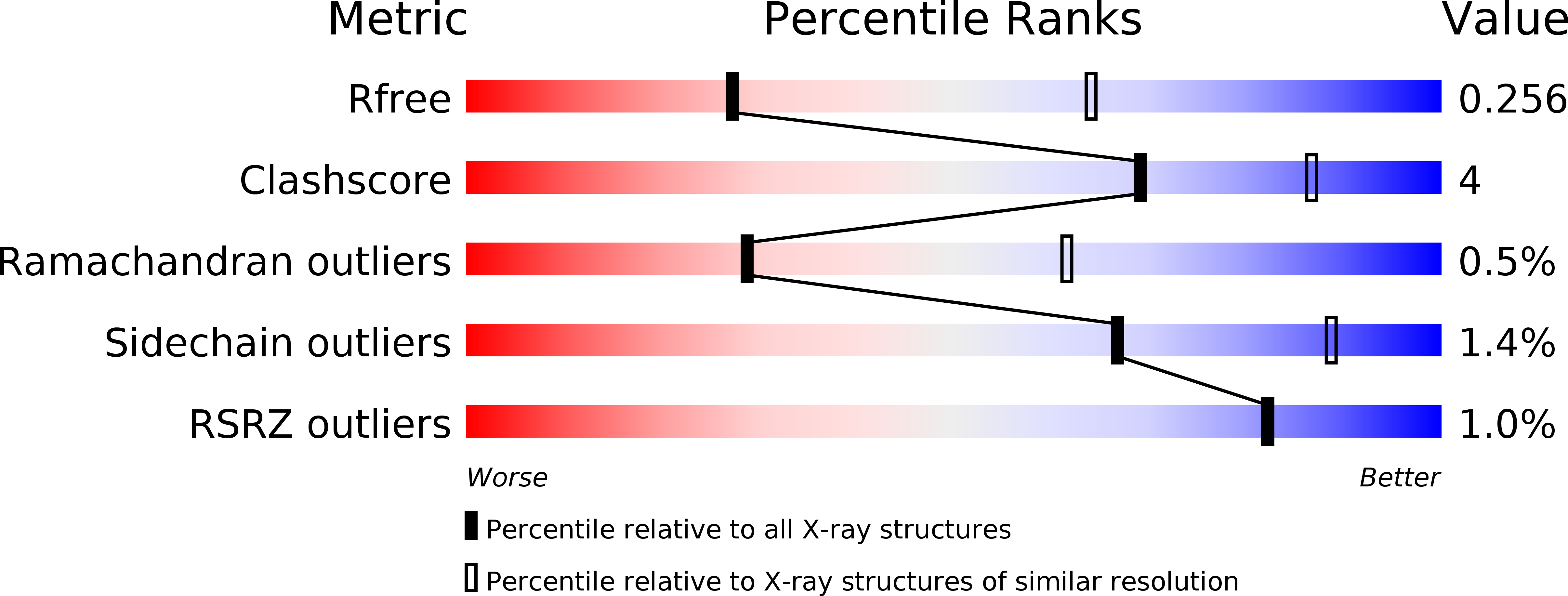
Deposition Date
2014-06-04
Release Date
2014-10-08
Last Version Date
2023-12-27
Entry Detail
PDB ID:
4TNM
Keywords:
Title:
Crystal structure of Arabidopsis importin-alpha3 armadillo repeat domain
Biological Source:
Source Organism(s):
Arabidopsis thaliana (Taxon ID: 3702)
Expression System(s):
Method Details:
Experimental Method:
Resolution:
2.90 Å
R-Value Free:
0.26
R-Value Work:
0.21
R-Value Observed:
0.22
Space Group:
H 3


